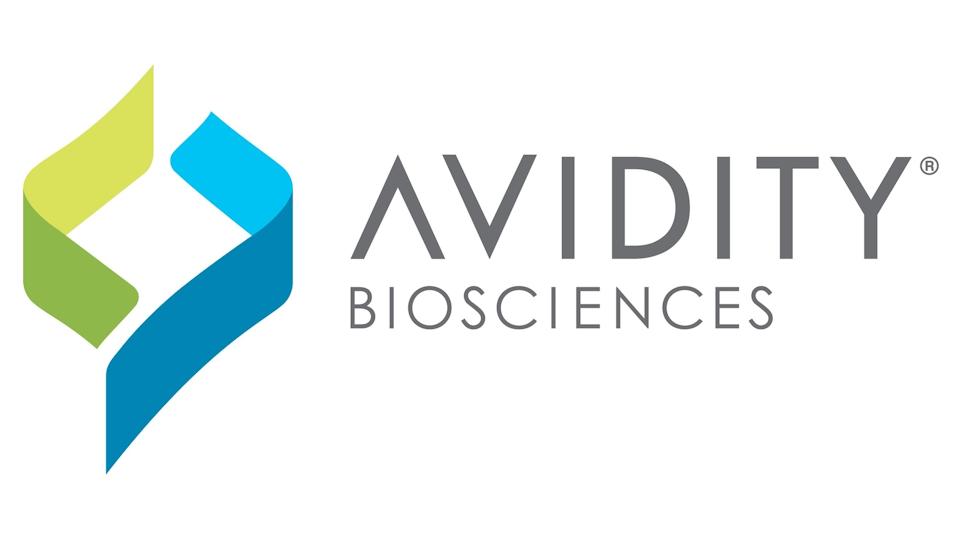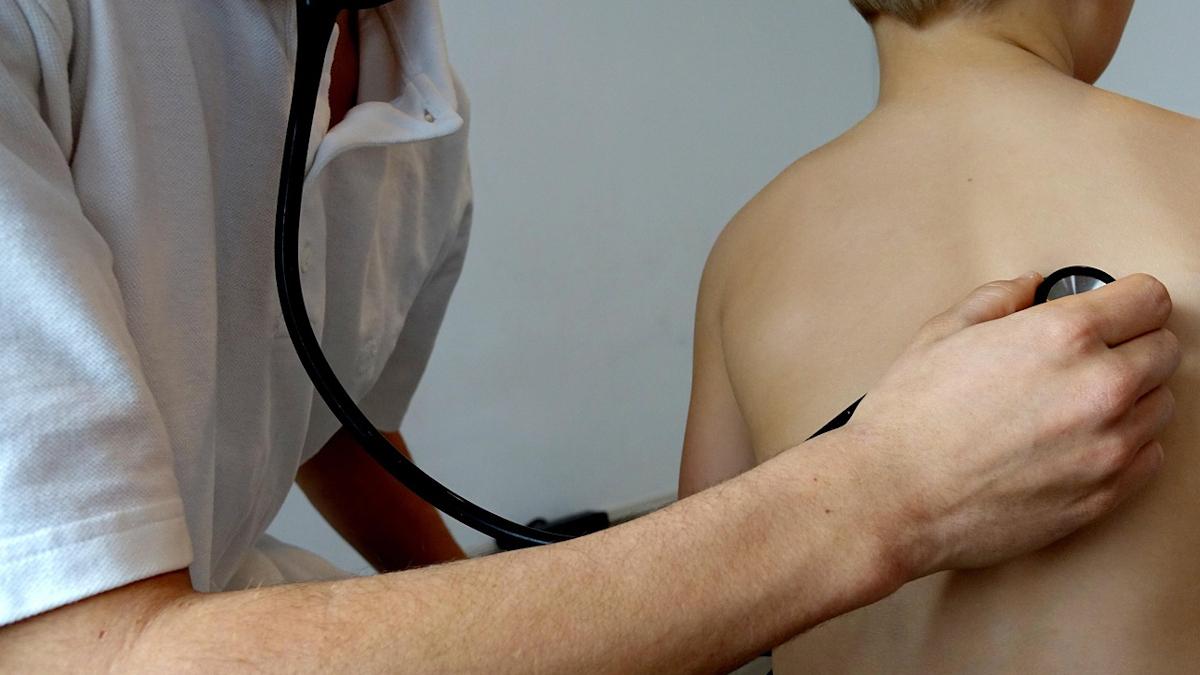Buoyed by muscular dystrophy data, Avidity raises $345m

Just a few weeks after Avidity Biosciences made a stir with new data on its experimental therapy for Duchenne muscular dystrophy, the biotech has closed a public offering that raised an impressive $345 million.
The amount raised overshot the $287.5 million that Avidity originally said it hoped to make when it announced the offering earlier this month, shortly after it reported phase 1/2 data with DMD candidate delpacibart zotadirsen (del-zota or AOC 1044).
The EXPLORE44 study enrolled DMD patients with DMD mutations amenable to exon 44 skipping (DMD44), a group that accounts for around 6% of all DMD cases in the US. It showed a statistically significant increase of 25% in the production of dystrophin, the protein deficient in the muscle-wasting disease, and an increase of 37% in exon 44 skipping at four months.
The drug also reduced creatine kinase levels – a biomarker for muscle damage – to near normal levels, with a greater than 80% reduction from baseline. Investors responded warmly to the news, sparking a 12% increase in the company's share price to nearly $47 when the data was announced.
Del-zota is an antibody-oligonucleotide conjugate (AOC), which uses an anti-TfR1 antibody to deliver the exon-skipping oligonucleotide component to muscle cells. Avidity is hoping to follow in the footsteps of Sarepta, which has launched a series of exon-skipping therapies for DMD, targeting exons 51, 53, and 45, that brought in around $1 billion in sales last year.
Sarepta has since branched out into gene therapy, bringing its Elevidys (delandistrogene moxeparvovec) treatment to market for ambulatory and non-ambulatory boys aged four and above with DMD.
The cash injection from the public offering will support further trials of del-zota, adding to a sizeable $1.3 billion the company had in reserve at the end of the second quarter.
Avidity will need deep pockets, though, as it has other clinical-stage projects on the go, including a phase 3 trial (HARBOR) of its lead del-desiran (AOC 1001) candidate for myotonic dystrophy type 1 (DM1), and del-brax for facioscapulohumeral muscular dystrophy (FSHD). All three candidates are based on the same TfR1-targeting antibody component.
Avidity started dosing patients in HARBOR in June, and the company recently completed enrolment of the phase 1/2 FORTITUDE trial of the AOC. It is also planning to name a lead cardiology programme before the end of the year.
Avidity sold around 9.5 million shares at a price of $41 in the offering, including an underwriters' option. Its stock closed at $45.40 yesterday. It is the second public offering for the company this year, coming after it raised $461 million in June.












